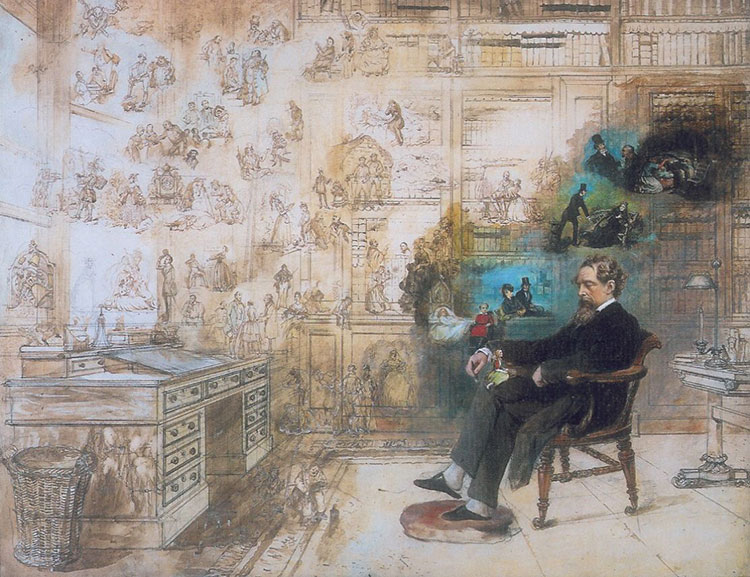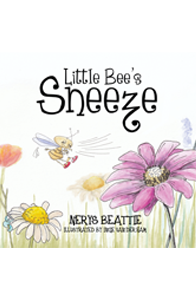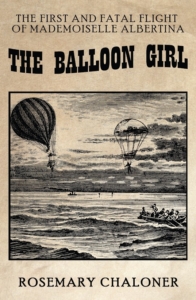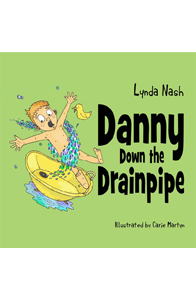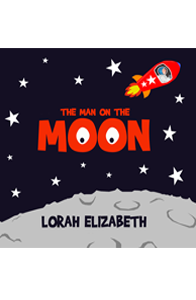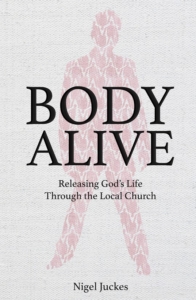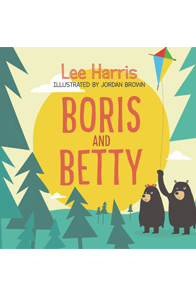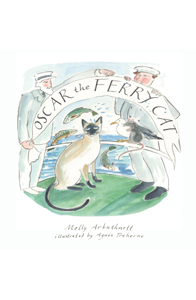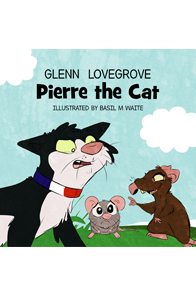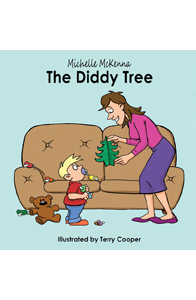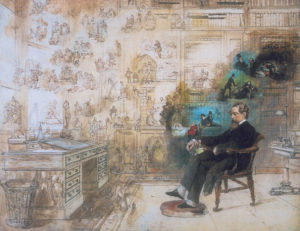
It’s Christmas! That magical time of year when we get to indulge in the finer things: quality time with our loved ones, outrageous quantities of food and drink, and those old family favourites – The Great Escape, It’s a Wonderful Life, Home Alone and so on – that keep on giving year after year.
Every family has their own Christmas classic, but if there’s one story that above all others captures the spirit of the season , it’s Charles Dickens’ A Christmas Carol. The story of the thawing of the irascible Scrooge’s cold heart, the book has proven so popular that it has been adapted for the screen no less than forty-seven times. Yet another adaptation has hit cinema screens this year, in The Man Who Invented Christmas. The story has entered pop culture like few others. How many Scrooges do you know, ready to pronounce “Bah humbug” at the first sighting of decorations? And at how many dinner tables this Christmas will some wit toast, ‘God bless, us every one!”?
Given its place as a staple of popular culture, it might surprise reader to learn that A Christmas Carol had rather troubled beginnings. Upon receiving the finished manuscript, Dickens’ publisher was lukewarm to the author’s new story; dismayed at this reaction, Dickens decided to take matters into his own hands and pay for the printing of the book himself. The rest, as they say, is history.
So, in the spirit of A Christmas Carol, what’s the moral here? It’s that publishers aren’t always right. In fairness to Dickens’ publisher, unlike Scrooge, they didn’t have a clairvoyant ghost to help see into the future. But while the publisher might be excused for not seeing the Muppet’s 1992 adaptation coming, the calculations as to the work’s commercial viability were clearly somewhat off. So if publishers are hardly infallible, why is self-publishing still so often seen as something shameful, the last resort of the failed writer? It’s hard to factor Charles Dickens into that definition. Or Beatrix Potter, whose Peter Rabbit stories were likewise self-published. Or Stephen King, Edgar Allen Poe, Margaret Atwood or Virginia Woolf, all of whom subsidised the production of their own work. Or, in the modern day, Andy Weir, whose 2011 self-published novel The Martian was adapted into an Academy Award winning 2015 movie by none other than Ridley Scott.
Perhaps if the origins of A Christmas Carol were more widely known, there would be less-stigma attached to self-publishing. Or perhaps, as the contemporary successes mount up, this attitude is already beginning to shift. With more authors electing to self-publish than ever before, it seems that writers are increasingly savvy to shortcomings of a traditional publishing arrangement.
Though many involved in the industry wish it weren’t so, publishing is a business. And like with all businesses, the bottom line is, well, the bottom line. Sometimes a book has to be turned down, regardless of its quality, simply because the money isn’t there to support its release. Sometimes a book will be turned down because it seems of niche appeal. No editor thought a work of BDSM erotica would prove quite as popular as 50 Shades of Grey has, but like it or loathe it, EL James’ self-published novel is now Britain’s best-selling book of all time.
As Dickens’ Christmas classic proves, a good idea will win out. The right story, the right subject will find a readership, as long as its author is committed and enthusiastic in sharing their work with the world. Of course, certain factors can help ease a book’s journey to commercial success: an appealing cover, an engaging blurb, a professional standard of typesetting, perfect grammar, etc. But at the heart of it all is the author and the book itself.
And luckily, there are many publishers now wising up to this. A modern self-publisher’s role is not to be a gatekeeper, turning away those deemed unworthy, but to help a book finds its place in world. Using their industry experience, a self-publisher will find a way to present a piece of writing in just the right fashion, and to just the right people, to help it along its way to success. They work with an author; they don’t dictate to them.
So this Christmas, as you take stock of the important things in life, here’s something to mull over: by Christmas 2018 your book could be wrapped up underneath thousands of trees; around the dinner table you could be toasting to your new career as an author. Sound good? Then treat yourself this Christmas and get in touch!

